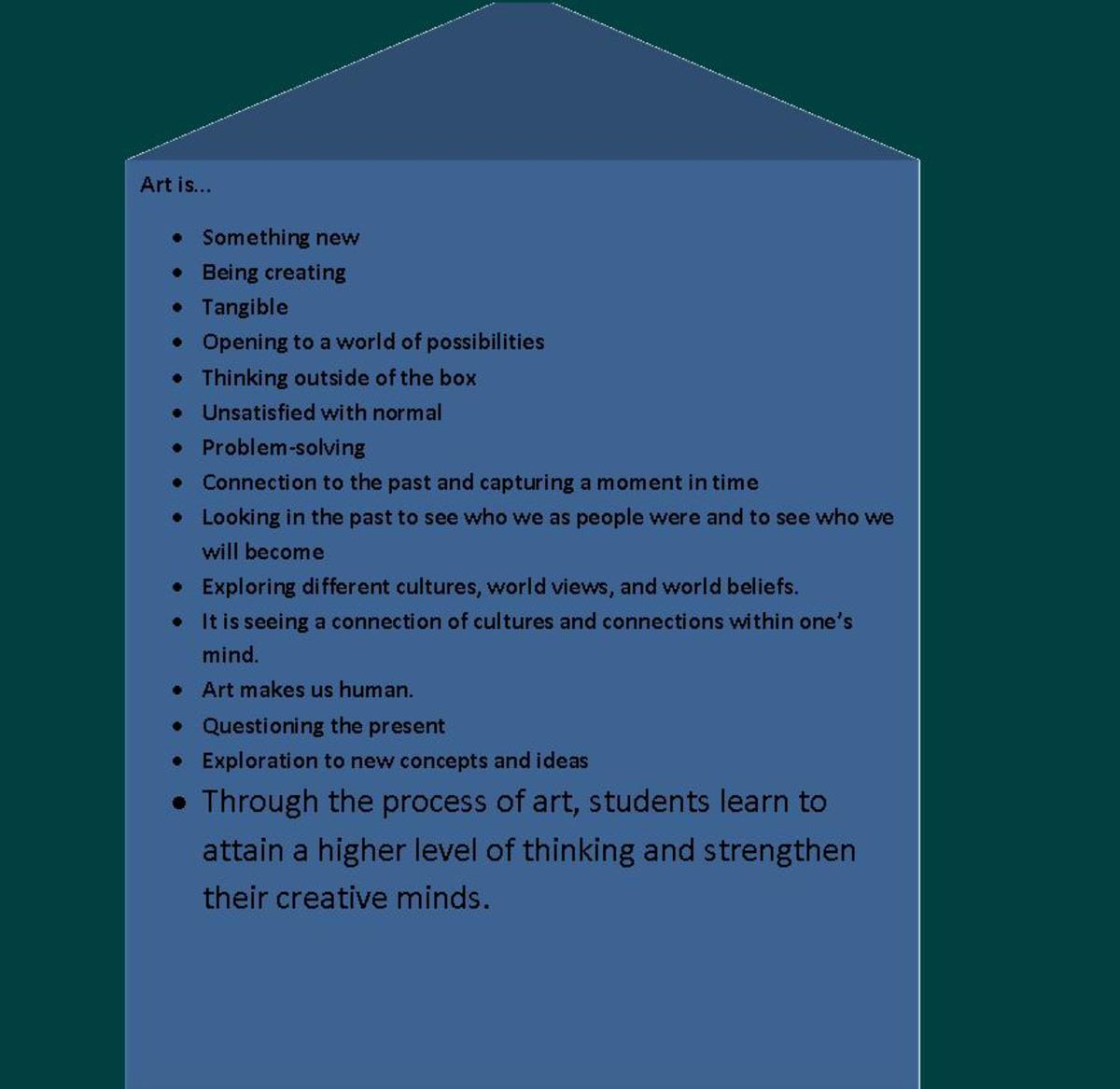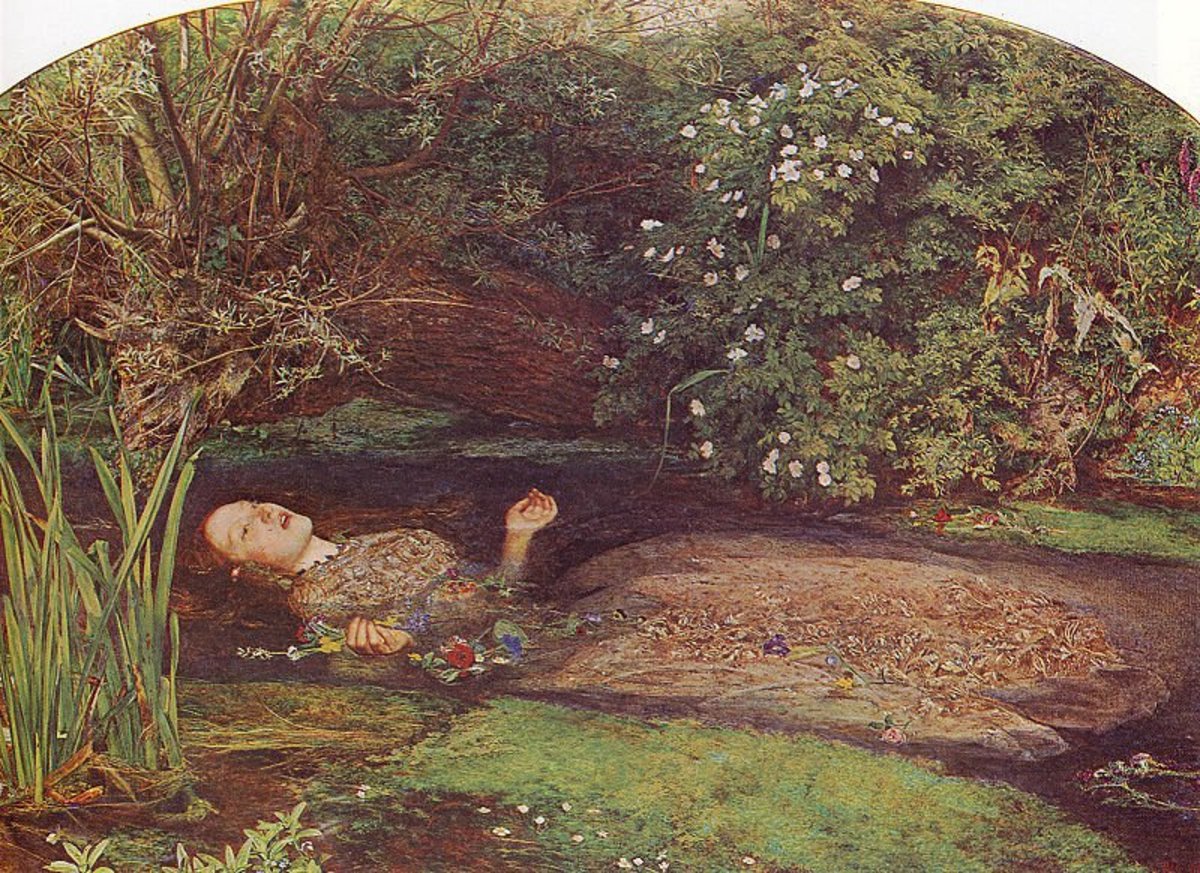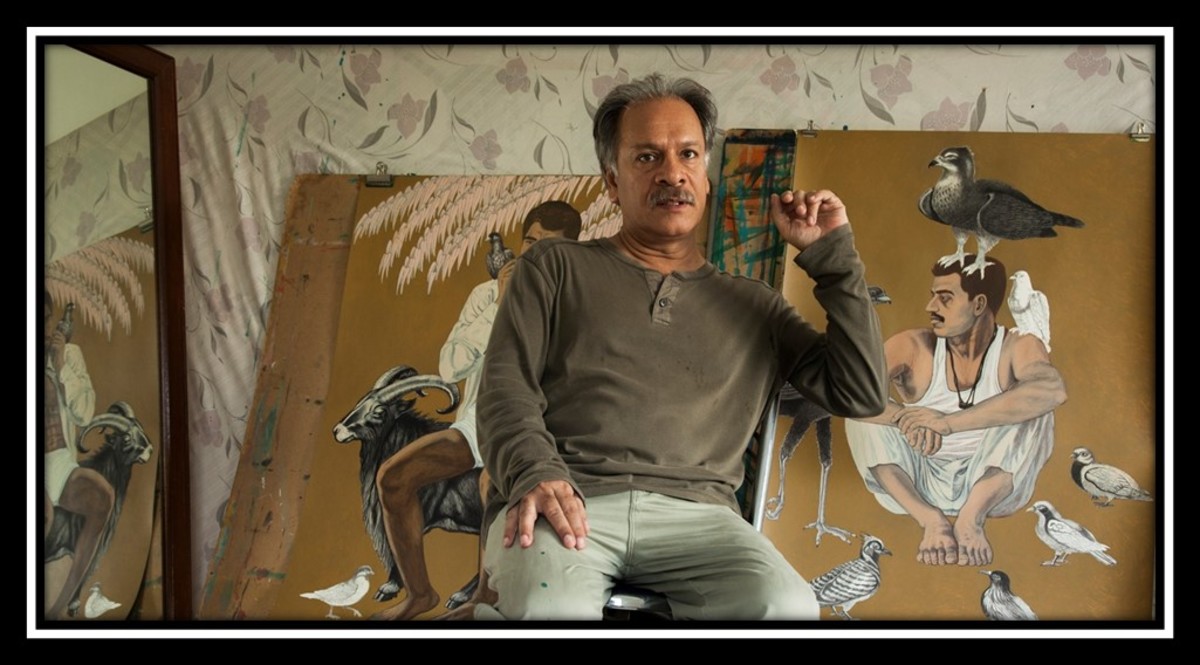The Poem: Winged Sphinx by Margaret Fuller Analysis and Meaning
Margaret Fuller wrote many poems in her lifetime, but one that was especially famous was called Winged Sphinx. As I read through the poem a few times, I was unsure of what the underlying purpose, or message was that Fuller was attempting to get across. The first line of the poem, “Through brute nature upward rising”, immediately set a tone of savage, by using the word brute. But the next line, “Seed up-striving to the light” gave the audience a sense of hope and well being. The image of a seed planted, with the roots reaching out of the earth to reach the sunlight and survive. I immediately began to think of Margaret Fuller as one of the true Transcendentalists of the time period, with her connections to nature being stated within the first couple lines of her poem. She speaks about the seeds striving to light as a surprising revelation, as if life on earth is a miracle within itself, each plant that grows comes to her as an unrealized discovery every time. The first line ties in with her idea that nature and life is a miracle, she describes the surroundings of nature as brute, like challenges in life are difficult to overcome.
The entire poem is mostly about overcoming those “Dark but God-directed Ages”, the times when life is dealing you a bad deck of cards. She sees each life form as a “labored and learned divine soul”. Labored could mean the daily challenges, obstacles and work that you go through often and have to learn to deal with, or it could mean you’ve led an entire life full of let downs and difficult situations and there’s almost no fight left in you until you see that ray of sunlight, that hope that keeps you going. Fuller uses words of pureness when describing the “nature virgin mother queen”, if you “put forth an aspect chaste, serene” then, “assumes at last the destined wings”. I ultimately see this as if you follow what God and destiny have in store for you, and you do no wrong by the Virgin Mary by staying chaste and serene, then you will eventually fulfill your purpose on this earth, and you will earn your wings and become an angel.
She uses words like “riddle” and “intellectual” which makes me believe the audience for this poem is more for the “thinkers” of the time, the people who thought outside of the box and who made their own assumptions about the mysteries of life. She says, “Drawn from intellectual wells, Cold waters where truth never dwells” meaning you can’t always believe the accepted scientific, intellectual answer. Many scientific ideas and theories had been widely accepted, only to be refuted years later and replaced with a new theory. What you may always count on is nature, and the miracle of life that God creates. “Seek her in common daylights glow”, you may find the truth anywhere in nature, at any time. No theory needed. When it comes to life, not everything is black and white. In fact, most is green.



